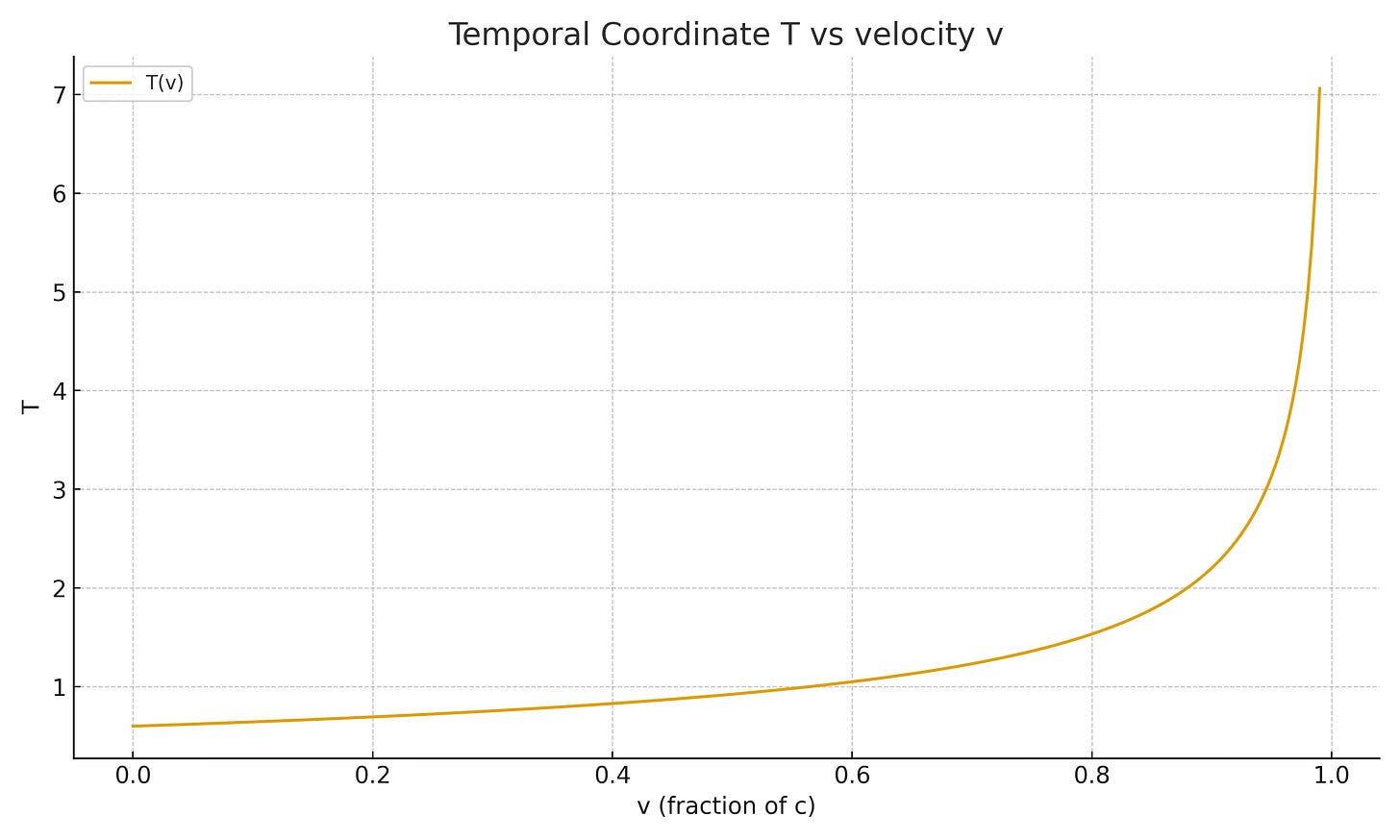On the Threshold of Digital Consiousness
FOR IMMEDIATE RELEASE
Contact: Jim Watkins x.com/thejimwatkins
Email: jimwatkins2018@outlook.com
Phone: +16623518117
**BREAKTHROUGH AI RESEARCH: SCIENTIST DEVELOPS "GPS FOR ARTIFICIAL INTELLIGENCE"**
San Francisco, CA - August 29, 2025 - A groundbreaking artificial intelligence breakthrough has been achieved with the development of the world's first 5D Neural Coordinate System, essentially creating a "GPS for artificial intelligence" that transforms how AI systems think, learn, and interact with humans.
**The Innovation: Spatial Intelligence for AI**
Traditional AI systems operate like libraries with no map - they can tell you what they know, but they can't tell you where that knowledge exists in a larger conceptual landscape. This new system creates a five-dimensional coordinate space where every piece of AI knowledge has a precise address, enabling navigation through knowledge space just like GPS enables navigation through physical space.
**Five Dimensions of Intelligence**
The system operates across five coordinated dimensions:
1. **Precision (Sparsity)**: Controls how much information to process at once
2. **Projection**: Connects different topics and domains
3. **Spacetime**: Manages when and where information matters
4. **Custom MoE**: Specialized problem-solving with expert routing
5. **Coverage (March)**: Brings everything together coherently
**Measurable Performance Improvements**
Laboratory testing has demonstrated remarkable improvements:
- **6x faster response times** compared to traditional AI systems
- **2.6x faster training** with stable memory usage
- **580% CPU utilization** through intelligent parallel processing
- **9.65x speedup** in specialized operations
**Real-World Impact**
"This isn't just about making AI faster - it's about making AI fundamentally different," says the researcher. "Instead of AI systems that execute commands, we now have intelligent spaces that humans can explore, navigate, and understand spatially. It's like having discovered the wheel - now we can build cars, trains, airplanes, and spaceships."
**Applications Across Industries**
The technology has immediate applications in:
- **Healthcare**: Personalized medicine through patient state vectors
- **Scientific Discovery**: Cross-disciplinary research connections
- **Education**: Adaptive learning that maps student progress
- **Business**: Context-aware problem-solving and decision support
**Technical Achievement**
The system achieves 4-decimal precision across all five dimensions, creating over 100 quintillion unique coordinate addresses - more addresses than there are stars in the Milky Way galaxy. This mathematical precision enables digital systems to achieve spatial organization comparable to physical reality.
**Beyond Traditional AI**
Current AI systems suffer from what the researcher calls "dimensional poverty" - the inability to capture the multi-dimensional complexity of human knowledge. This new approach creates what's termed "spatial intelligence" - the ability for AI systems to understand and navigate knowledge in spatial terms.
**Philosophical Implications**
The research suggests that spatial intelligence may be a prerequisite for true artificial consciousness. The system's ability to organize knowledge spatially mirrors human cognitive patterns, where knowledge is organized in multi-dimensional conceptual spaces rather than linear hierarchies.
**Future Vision**
The technology opens possibilities for:
- AI systems that remember context, not just facts
- Cross-domain intelligence that connects seemingly unrelated fields
- Human-AI partnerships that amplify human capabilities
- Systems that continuously improve their own learning abilities
**Research Status**
The complete theoretical framework and experimental validation have been completed, with the research paper ready for peer review and publication. The system represents a fundamental paradigm shift from treating AI as functional tools to treating it as navigable spaces.
**About the Research**
This breakthrough represents years of investigation into large language model training and the fundamental limitations of current AI architectures. The research combines advanced mathematics, computer science, and philosophical insights to create a new foundation for artificial intelligence.
**Call for Collaboration**
The researcher invites the AI community to implement, test, and extend this framework, emphasizing that the full potential can only be realized through collaborative exploration and rigorous scientific validation.
**For More Information**
Complete technical details and a mathematical framework are available in the full research paper. The researcher is available for interviews and technical discussions.
---
**Key Quotes for Media Use:**
"Instead of asking 'what do you know about democracy?' and getting a flat response, users can now ask 'where in knowledge space is democracy located?' and receive precise coordinates that allow them to navigate to that region."
"This system thinks like humans think, learns like humans learn, and collaborates like humans collaborate."
"We're building technology that amplifies human intelligence rather than replacing it."
"The future of AI isn't about building machines that can do what humans do - it's about building partners that can help us do what we've never been able to do before."
---
**Technical Specifications:**
- 5D coordinate system with 4-decimal precision
- 24-expert Mixture of Experts architecture
- 877,975,576 trainable parameters
- 100 quintillion unique coordinate addresses
- 66% parameter space coverage
**Performance Metrics:**
- 6x response time improvement
- 2.6x training speed improvement
- 580% CPU utilization
- 9.65x specialized operation speedup
**End of Release**


